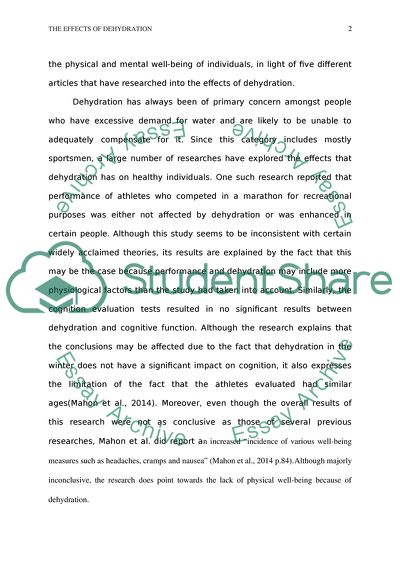Cite this document
(“The effects of dehydration on the body and cognitive function Essay”, n.d.)
The effects of dehydration on the body and cognitive function Essay. Retrieved from https://studentshare.org/health-sciences-medicine/1665231-the-effects-of-dehydration-on-the-body-and-cognitive-function
The effects of dehydration on the body and cognitive function Essay. Retrieved from https://studentshare.org/health-sciences-medicine/1665231-the-effects-of-dehydration-on-the-body-and-cognitive-function
(The Effects of Dehydration on the Body and Cognitive Function Essay)
The Effects of Dehydration on the Body and Cognitive Function Essay. https://studentshare.org/health-sciences-medicine/1665231-the-effects-of-dehydration-on-the-body-and-cognitive-function.
The Effects of Dehydration on the Body and Cognitive Function Essay. https://studentshare.org/health-sciences-medicine/1665231-the-effects-of-dehydration-on-the-body-and-cognitive-function.
“The Effects of Dehydration on the Body and Cognitive Function Essay”, n.d. https://studentshare.org/health-sciences-medicine/1665231-the-effects-of-dehydration-on-the-body-and-cognitive-function.


